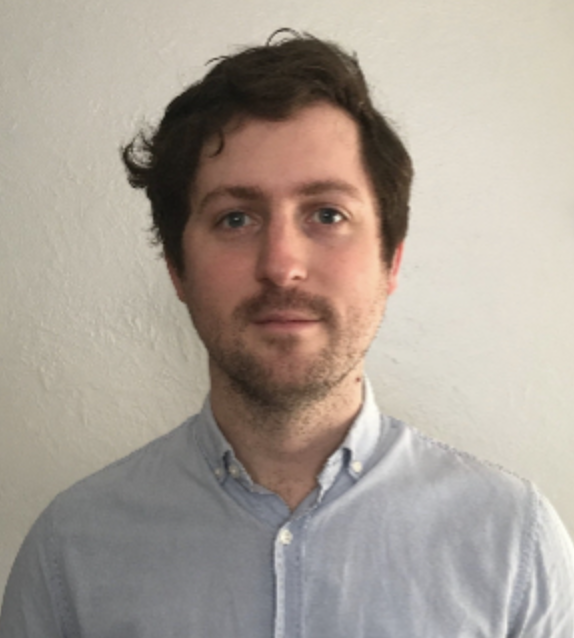
“Just” Transitions and Ireland’s Postcolonial Ecological Regime
Lecturer and Assistant Professor Patrick Brodie, UCD School of Information and Communication Studies, will present on his work with Dr. Patrick Bresnihan, Maynooth University, about anti-extractivism and environmental justice movements in Ireland against multinationals.
Abstract
This paper will articulate the historical entanglement of Ireland’s big tech ecosystem with earlier forms of economic development and state-sanctioned polluting practices, particularly focussing on strategies for attracting multinational companies since the 1960s. The outsourcing of polluting multinational industries to Ireland’s rural regions has a long history, one tied into fault-lines of the country’s postcolonial condition and developmental economy through the mid-twentieth century, and have frequently been vigorously contested by environmental groups. High profile campaigns and struggles in the Republic and the North, from Cork to Derry to Donegal, has involved rural communities battling hostile legal, regulatory, and planning systems, which heavily favor multinationals. As Ireland lays pathways to decarbonization, these fault-lines remain, as the activities of multinational companies developing digital and renewable energy infrastructure map onto these persistent geographies. Ireland’s position as a western European nation-state undoubtedly means that wealth accumulated via these industries merits complicity in the global supply chains sustaining “green” extractivism in the Global South. But rural Ireland also bears an uneven share of responsibility in hosting these industries, whose destructive externalities are often imposed on rural places through large-scale infrastructures. This presentation will argue that the management of a truly “just” transition across sectors will require reckoning with the environmental contradictions raised by the (mis)management of industrial policy in Ireland across its modern history, through overlapping activities of mining, pollution/sinks, and infrastructural development. Only by acknowledging the enduring landscapes of uneven development in Ireland can we adequately account for Ireland’s role within evolving world economies and the contours of its role in planetary low-carbon transitions, and thus begin to understand and possibly uproot the foundational relations that necessitated these transitions in the first place.
Prof. Patrick Brodie
Patrick Brodie is an Assistant Professor and Ad Astra Fellow in the School of Information and Communication Studies at University College Dublin. His research focuses on the environmental implications of digital media infrastructures, with a particular focus on the digital transformation of energy systems and the role of technological industries within emerging regimes of extractivism. His research has appeared in a number of journals, edited collections, and newspapers including recently in New Media and Society, Environment and Planning E: Nature and Space, Canadian Journal of Communication, Heliotrope, Ecological Reparation: Repair, Remediation, and Resurgence in Social and Environmental Conflict (Bristol UP, 2023), Energy Futures: Anthropocene Challenges, Emerging Technologies, and Everyday Life (De Gruyter, 2022), and The Irish Examiner. He is the co-editor of the Journal of Environmental Media and co-PI on the SSHRC-funded Media Rurality project.
